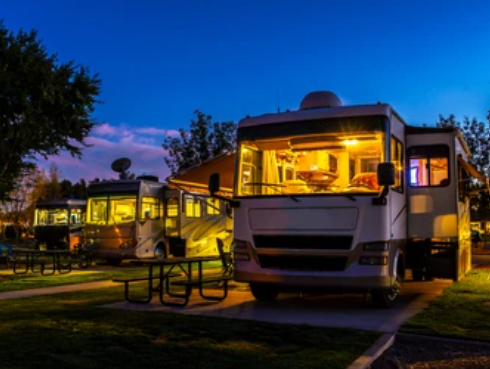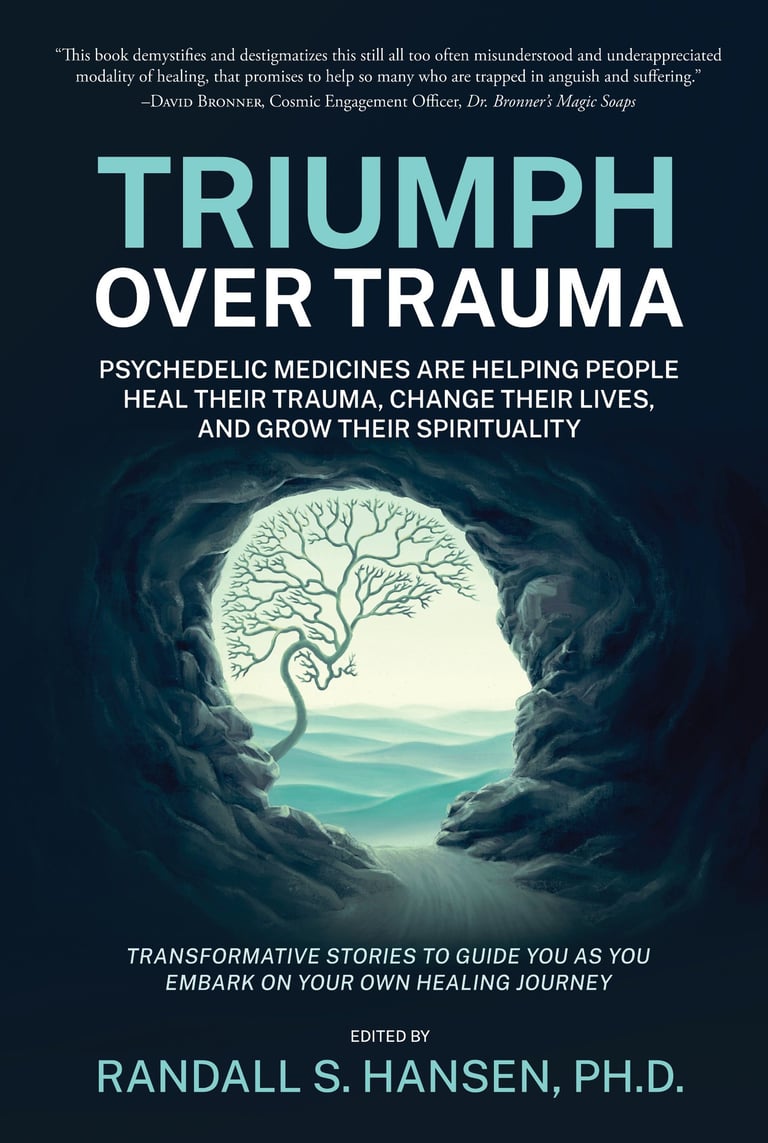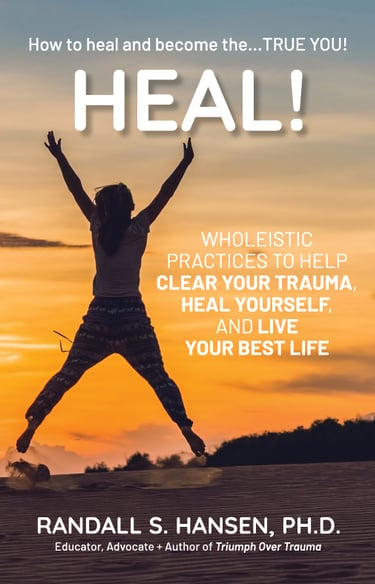Five Questions to Ask Yourself Before Buying a Motorhome or Camping Trailer
Thinking about hitting the open road in an RV -- either a motorhome or hauling a travel trailer? Dreaming of camping in pristine forests and parks; fishing, hiking, golfing, or biking by day and sleeping in your RV by night? Preparing to make the leap into purchasing an RV? Here are five questions you should ask yourself about your RV purchase decision before going to your local RV dealership or attending an RV exhibition.
1. What is Your Budget? Regardless of your dreams and aspirations, cost -- and what you can afford -- is often the deciding factor on what you buy. Prices range from about $10,000 for a very small pop-up (tent) travel trailer to $600,000+ for a high-end Class A motorhome. You should also consider how you will be financing it -- and how much you can finance. And in case you don't know the lingo, here are the major classes of recreational vehicles:
-Truck Camper: sits on top of your pick-up bed. Removable; inexpensive.
-Sport Utility Trailer (SURV): garage built into rear of trailer for "toys."
-Pop-up Trailer: light-weight, telescoping camper, like a tent on wheels.
-Fifth Wheel Trailer: travel trailer with a special, heavy-duty mount.
-Travel Trailer: range from 12 to 33 feet and can be pulled by pick-ups.
-Class C Motorhome: smaller motorhomes, up to about 28 feet; all one unit.
-Class B motorhome: tricked out, full-size van that includes fridge, toilet, bed.
-Class A Motorhome: the behemoths (36 to 45 feet in length), with lots of slide outs, bells and whistles; bus-like.
2. Do You Want a New or Used RV? This question is at least somewhat connected to the first question, but it is still one that it is important to answer. Like just about all other large purchases, once that new RV rolls out of the lot, it depreciates in value.
So... are you open to a used RV? Perhaps a lightly used, relatively new RV that was traded in for something else? Or, is your heart set on new?
If you do buy new, take note that almost no RV buyer pays the MSRP (manufacturer-suggested-retail-price); instead, most folks pays about 80-85% of the MSRP. Do your homework, just as you would for buying a new car.
3. How Many People (and Pets) Will Be Camping in the RV? Because it is just the two of us traveling -- and no pets -- we are happy with a smaller trailer. A 19-footer with one slide out, the trailer is big enough for us, even on rainy days when we are forced to stay inside together.
Remember to calculate people and pets -- and keep in mind the size of all of them too... both for overall space, as well as sleeping space. A dinette might turn into a bed -- which is great for small children -- but for someone as tall as I am (6' 4"), that bed would never work.
You should also decide what toys and equipment you plan on taking with you in the RV. Bicycles can be kept on a rack outside, but golf clubs, hiking gear, and the like will need room somewhere inside. (And if you have bigger stuff, a toy trailer might be the best solution.)
4. How Are You Most Likely Going to Use Your RV? Time to think big picture and a bit into the future. Do you plan to only use the RV for weekend trips and occasional longer getaways, or do you plan to live in your RV?
With a vacation RV, you can get away with a smaller unit; if you plan to live part of all of the year in it, though, you will want a unit with more floor space -- and more storage space... so plan accordingly.
We will be living in the trailer as we travel across the country (#jenranadventures), so not only is size important, but so is counter space (for cooking) and appliances (stove, oven, fridge, microwave), as well as main bed size/quality.
5. What Types of RV Parks/Campsites Do You Plan to Use the Most? There are a plethora of RV campgrounds, from primitive Bureau of Land Management parking grounds with no services to high-end private RV resorts with pool, spa, activities, and more -- including all services (electric, water, sewer, cable, wifi).
If you plan on do what we are doing -- which is to stay away from the commercial campgrounds and stay closer to nature at national and state parks with campgrounds -- then a small RV makes much more sense because many of these parks cannot handle a massive Class A motorhome, let alone have the electrical hookups you need to run the thing.
If you plan on glamping and staying mostly at private RV campgrounds, then this question is less important, because these campgrounds can generally handle all variety of RVs.


Dr. Randall Hansen is an advocate, educator, mentor, ethicist, and thought-leader... helping the world heal from past trauma. He is founder and CEO of EmpoweringSites.com, a network of empowering and transformative Websites, including EmpoweringAdvice.com.
He is the author of the groundbreaking Triumph Over Trauma: Psychedelic Medicines are Helping People Heal Their Trauma, Change Their Lives, and Grow Their Spirituality and the well-received HEAL! Wholeistic Practices to Help Clear Your Trauma, Heal Yourself, and Live Your Best Life.
Dr. Hansen's focus and advocacy center around true healing ... healing that results in being able to live an authentic life filled with peace, joy, love. Learn more by visiting his personal Website, RandallSHansen.com. You can also check out Dr. Randall Hansen on LinkedIn.






